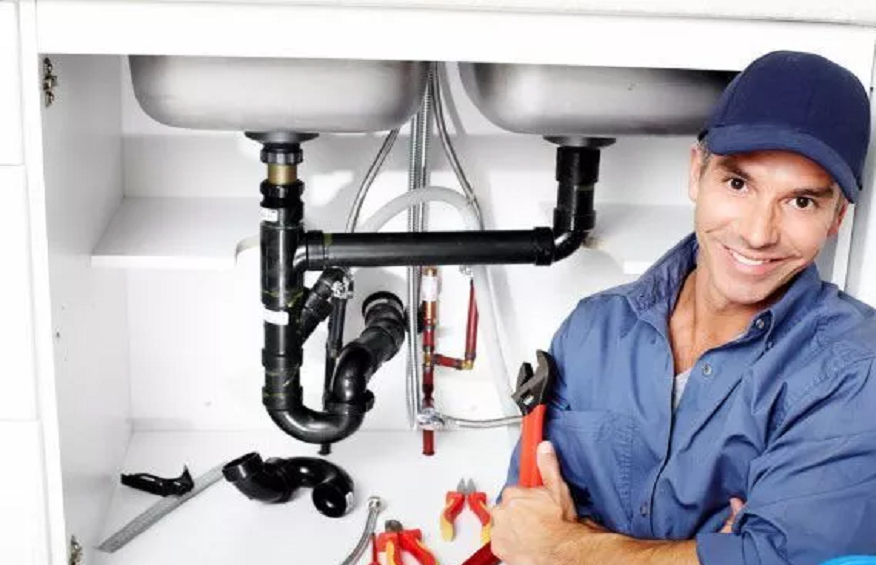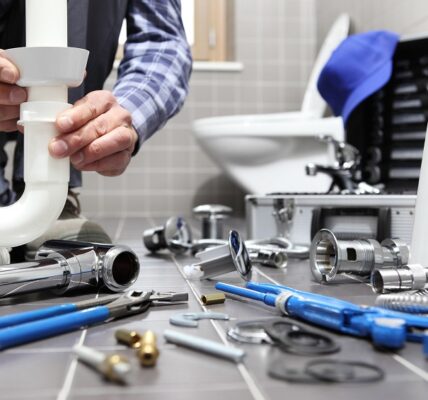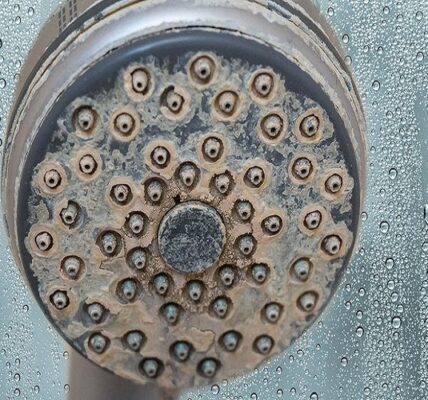If you’re intrigued by the world of pipes, valves, and faucets and are eager to embark on a career in plumbing, you might wonder how to get started without any prior experience. While experience is undoubtedly valuable, there are several avenues you can explore to enter the plumbing trade, learn the necessary skills, and kick-start your journey as a plumbing professional.
In this article, we will discuss five ways you can land a plumbing job even if you lack prior experience. Bottom of Form
1. Apprentice with a plumbing company
One of the best ways to start a career in plumbing without experience is to find an apprenticeship with a plumbing company. Many plumbing companies offer apprenticeship programs where you can learn on the job while assisting experienced plumbers. This hands-on training will provide you with valuable experience and knowledge in the field.
Look for local plumbing companies in your area and gather information about their apprenticeship programs. Check their websites or call their offices to inquire about any available opportunities.
2. Trade schools and vocational programs
Consider enrolling in a trade school or vocational program that offers plumbing courses. These programs provide classroom instruction as well as practical training, allowing you to gain the necessary knowledge and skills to start a plumbing career. While it may require some investment in terms of time and money, it can significantly enhance your employability.
Review the courses offered in the plumbing program. Ideally, the curriculum should cover fundamental plumbing principles, pipefitting, plumbing codes, system installation and repair, safety procedures, and practical hands-on training. Ensure that the program aligns with your learning goals and provides comprehensive training.
3. Plumbing courses and certifications
Look for local organizations, community colleges, or adult education centers that offer plumbing courses or certifications. These programs in no experience plumbing job guide often provide basic plumbing training ,can give you a foundational understanding of the trade. While not as comprehensive as an apprenticeship or trade school, they can be a good starting point and demonstrate your commitment to potential employers.
4. Volunteer or work on side projects
Offer your assistance to friends, family, or local organizations who may need plumbing help. This could involve simple tasks like fixing leaks or installing fixtures. While not a formal job, it allows you to gain practical experience, build your skills, and demonstrate your willingness to learn and work in the field.
This will help you understand the workflow, tools, and techniques used in plumbing work.
5. Networking and internships
Network with professionals in the plumbing industry and express your interest in starting a career. Attend trade shows, industry events, or join professional organizations related to plumbing. By building connections and relationships, you may come across opportunities for internships or entry-level positions where you can learn from experienced plumbers and gain valuable experience.
Remember, starting a career in plumbing without experience may require persistence, dedication, and a willingness to learn. Demonstrating your enthusiasm, taking initiative, and continuously seeking opportunities for growth will greatly increase your chances of securing a plumbing job.



